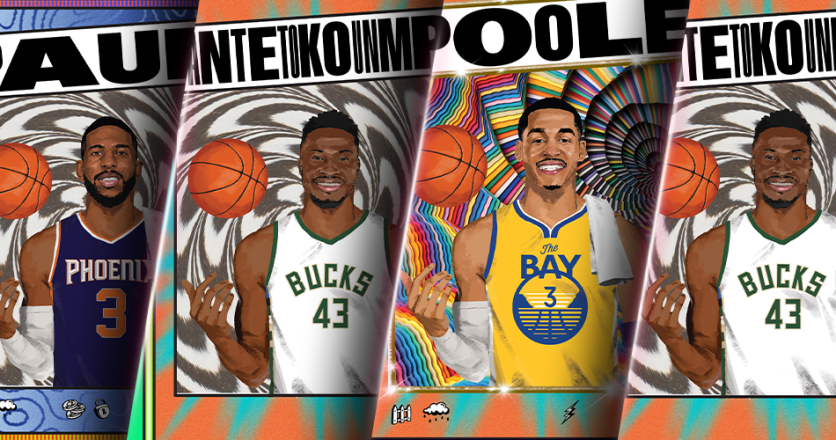Sports fans and collectibles are something that has gone hand-in-hand since the first ball was hit.

While the first-ever sport memorabilia is probably the helmet of some gladiator in ancient Greece, baseball cards are where sport collectibles really took off. Cigarette companies began coupling baseball cards with their product which saw sales spike—somehow people were more addicted to sport than tobacco itself. The first set was issued in 1887, featuring other sports such as boxing, and in 2019 a card from the set sold for $3,840.
These static relics of a time long gone weren't only popular then but still remain relevant today. Over a century later, sports collectors now go crazy for jerseys, belts, and balls—sometimes splashing millions on an item.
Memorabilia has evolved from cards to sporting items and is set for its next evolution thanks to the blockchain. Previously, collectors' items were forever stuck in one state only degrading in condition as time passed. But now, thanks to Dynamic NFT technology, collectors are able to get their hands on memorabilia that will evolve with time, creating a more exciting experience.
We've seen the NBA and UFC create successful NFT collections—NBA Playoffs and UFC Strike—that fans have loved. But, again, these were static and not too dissimilar to the original baseball card collectibles. The NBA took a second dip into the world of NFTs with The Association collection, which utilizes dynamic NFT technology, creating a fantasy league-style collectible.
Developed by Galaxis, cards from The Association evolved based on how many points a player got in the 2022 NBA Playoffs. Users bought cards without knowing which player they'd get, just like a real pack of trading cards, hoping they'd pack the player who'd perform the best in the playoffs.
The blockchain normally has no connection to the real world, but Galaxis uses Chainlink data oracles to bring off-chain data to the blockchain.
A decentralized network of oracles independently verifies real-world data, such as Stephen Curry just scored a three-pointer. Once the data is verified, it is then transmitted to the blockchain for the NFT to evolve. Suddenly, collectors' items aren't just static relics from history but dynamic evolving organisms birthed by real-world events.
LaMelo Ball's NFT collection was also developed by Galaxis using Chainlink oracles. Using this technology, the NFTs are able to evolve based on the real-world actions of LaMelo Ball. For example, owners of his NFT can place predictions on games (i.e. how many points a player will score) and if they guess correctly the NFT they hold will evolve—some holders have even won game tickets.
Galaxis is clearly changing the sport collector game by utilizing Chainlink oracles in a unique way. While old-school trading cards and physical memorabilia will never die out, a new form of collectors' item has just joined the squad. Now, collectors are more engaged in the cards they collect, hoping that the player they have will score more goals, win more games, and evolve their cards further.
Dynamic NFTs have turned being a sports collector from a passive hobby to active, engaging entertainment.
ⓒ 2025 TECHTIMES.com All rights reserved. Do not reproduce without permission.




